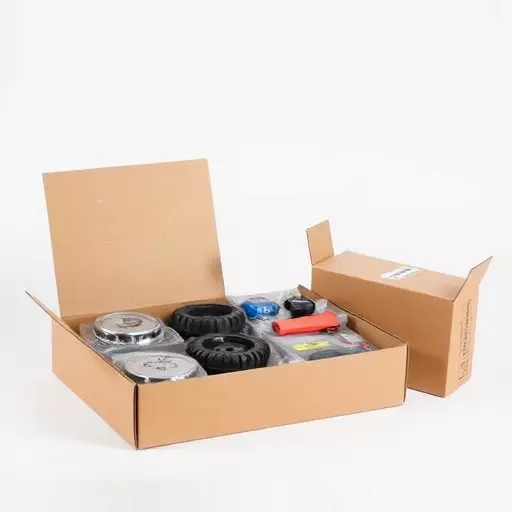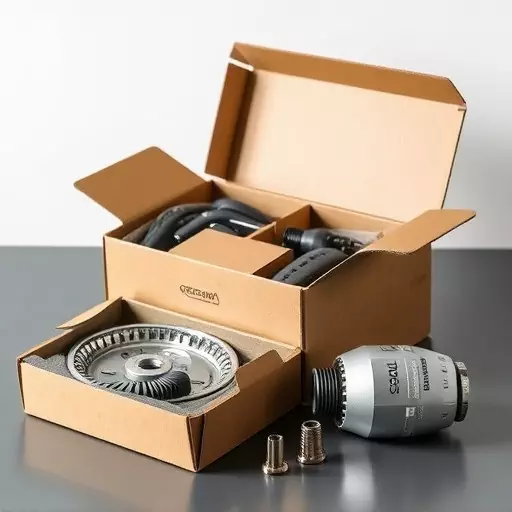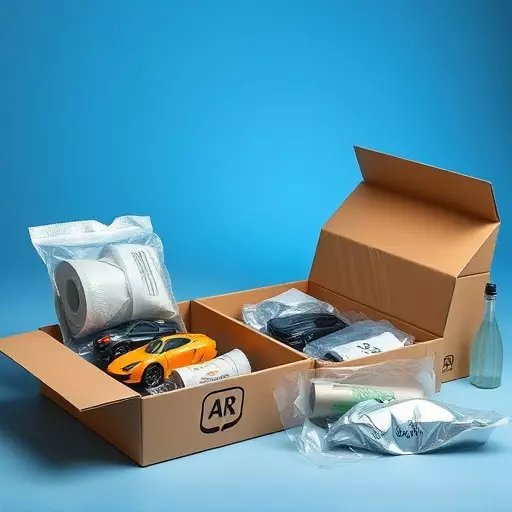The automotive industry is undergoing a significant transformation with a growing demand for custom automotive parts packaging that combines protection, brand identity, and sustainability. Automotive parts packaging solutions are evolving from standardized to personalized, tailored designs made from eco-friendly materials like biodegradable paper and reusable containers. This trend meets the needs of both consumers and businesses while reducing waste, enhancing customer satisfaction, and contributing to a greener future for the sector.
The evolving automotive industry demands efficient and personalized automotive parts packaging solutions. In response, a trend towards customized automotive parts packaging has emerged, driven by the need for protection, convenience, and brand differentiation. This article explores the rise of tailored solutions, delving into sustainable automotive parts packaging practices that balance environmental concerns with industry demands. From innovative design choices to the selection of eco-friendly materials, we uncover best practices and real-world case studies, highlighting the transformative impact on supply chains.
- The Rise of Customized Automotive Parts Packaging
- – Exploring the growing demand for personalized solutions
- – Benefits of custom packaging in the automotive industry
The Rise of Customized Automotive Parts Packaging
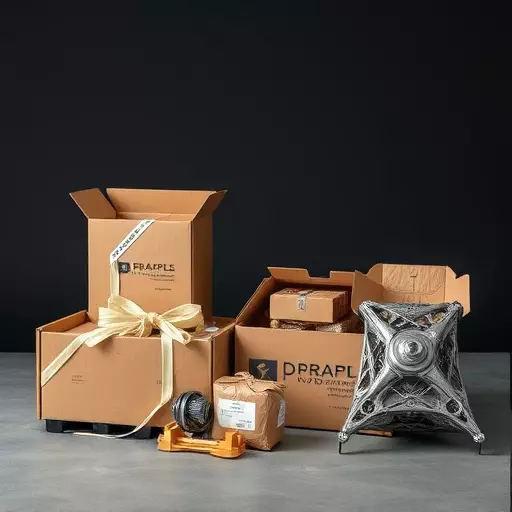
In recent years, the automotive industry has witnessed a significant shift towards personalized and sustainable automotive parts packaging solutions. As businesses strive to meet evolving customer expectations, custom automotive parts packaging has emerged as a game-changer. This trend is not just about aesthetics; it’s driven by a need to enhance product protection, improve handling, and reduce environmental impact.
Manufacturers are increasingly recognizing the value of tailored sustainable automotive parts packaging, incorporating innovative materials and designs that ensure safe transit while minimizing waste. From biodegradable paper to robust, reusable containers, these advancements reflect a commitment to ecological responsibility without compromising on quality or functionality. This shift towards custom solutions not only caters to diverse part sizes and shapes but also allows for unique branding opportunities, further solidifying the connection between the product and its intended audience.
– Exploring the growing demand for personalized solutions
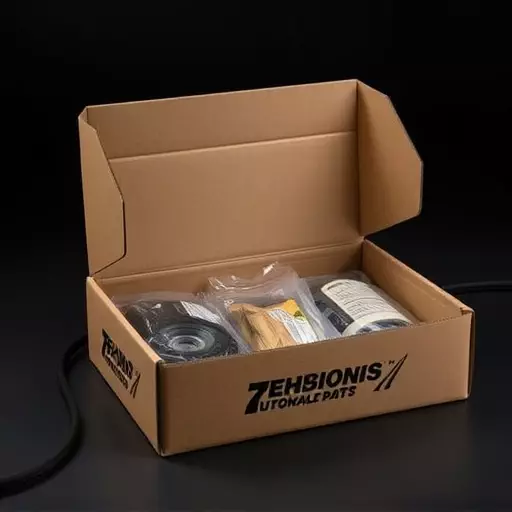
In today’s competitive automotive industry, there’s a growing demand for automotive parts packaging solutions that cater to diverse and often unique needs. Consumers and businesses alike are seeking custom automotive parts packaging that not only protects components during transit but also reflects specific brand identities and promotes sustainability. This shift is driven by the recognition that sustainable automotive parts packaging can significantly reduce environmental impact while enhancing customer experience.
Personalized solutions allow manufacturers to create packages tailored to specific part sizes, shapes, and weight requirements, ensuring efficient use of materials. Moreover, with an emphasis on eco-friendly practices, these customized packs often incorporate recyclable or biodegradable materials, aligning with the industry’s growing commitment to sustainability.
– Benefits of custom packaging in the automotive industry
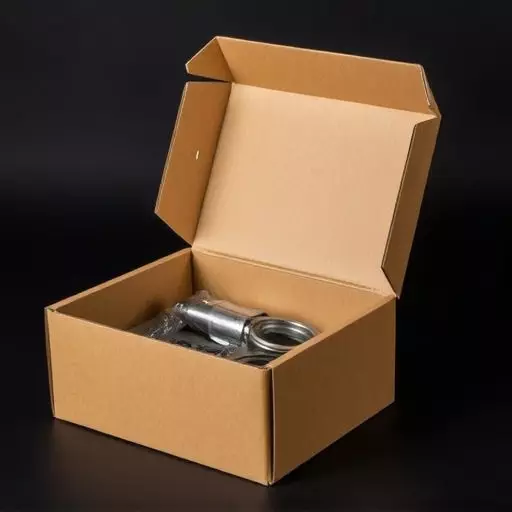
In the competitive automotive industry, where efficiency and sustainability are paramount, custom automotive parts packaging plays a pivotal role in ensuring product integrity while reducing environmental impact. Unlike standardized solutions, tailored packaging designs offer unique advantages such as improved protection during transit, precise fitting for each component, and the ability to incorporate specific branding and instructions. These benefits translate into enhanced customer satisfaction and reduced damage rates for auto manufacturers and distributors.
Moreover, embracing sustainable automotive parts packaging practices is increasingly crucial. Custom packaging solutions can be designed using eco-friendly materials, minimizing waste and carbon footprint. By leveraging innovative technologies and collaborative design approaches, businesses can create packaging that not only meets the strictest environmental standards but also aligns with consumer expectations for responsible manufacturing processes, contributing to a greener future for the automotive sector.
